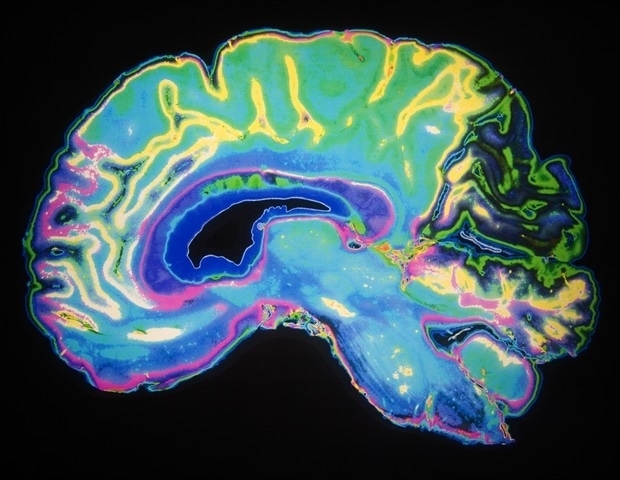
A team of researchers from Tohoku University, the National Center of Neurology and Psychiatry, and National Yang Ming Chiao Tung University has uncovered a novel molecular mechanism through which Kif23 (a motor protein belonging to the kinesin family) plays a vital role in embryonic brain development. This study, published in EMBO Journal on December 4, 2024, highlights how a deficiency in Kif23 in humans might lead to microcephaly. This condition is characterized by an abnormally small brain associated with developmental and cognitive impairments.
It’s difficult to say exactly what causes microcephaly, as there are many complex, interacting factors involved. As such, the specific molecular pathways that connect genetic mutations to structural and functional disruptions in the developing brain have remained largely unclear.” Lecturer Takako Kikkawa adds, “By knowing more about this process, more targeted and effective treatments for microcephaly could be developed.”
Sharmin Naher, Research Associate
This study has identified a previously underexplored molecule, Kif23, as a key regulator of embryonic brain development The Osumi lab team discovered the expression of Kif23 in the developing cortex of various mammals, including mice, ferrets, and humans. This finding underscores the evolutionary conserved role of Kif23 in the intricate development of the mammalian brain. Utilizing a combination of in vivo loss-of-function experiments and advanced imaging technologies, the team investigated the function of Kif23 in cortical development in mouse models.
The results revealed that Kif23 is essential for the proper proliferation and differentiation of neural progenitor cells. Knockdown of Kif23 led to a marked decrease in cell proliferation, coupled with an increase in neuronal differentiation and apoptosis. Additionally, the team found that the phenotypes induced by Kif23 knockdown could be rescued by introducing wild-type human Kif23, but not by Kif23 variants associated with microcephaly.
This study provides deeper insights into the molecular mechanisms underlying the function of Kif23. The researchers discovered that deficiency in Kif23 disrupts progenitor cell proliferation by interrupting multiple aspects of progenitor cell division during early formation of the brain. These disruptions include a shift from symmetric to asymmetric cell division, defects in cytokinesis that prevents proper separation of daughter cells correctly, and a compromise in the structural integrity of the apical surface, which is essential for maintaining apical progenitor cells.
The identification of Kif23 as a critical player in embryonic brain development marks a significant breakthrough. “Our work not only underscores the essential functions of Kif23 in brain development but also offers new insights into the pathogenesis of microcephaly,” says Professor Noriko Osumi, “This research also opens new avenues for investigating related genetic factors that regulate brain development.”
Microcephaly continues to be a significant public health concern, with limited treatment options available. While genetic screening facilitates early diagnosis, effective therapies remain elusive. The current findings highlight a new molecular target that could drive the development of precision medicine to provide hope to those affected by this condition.




